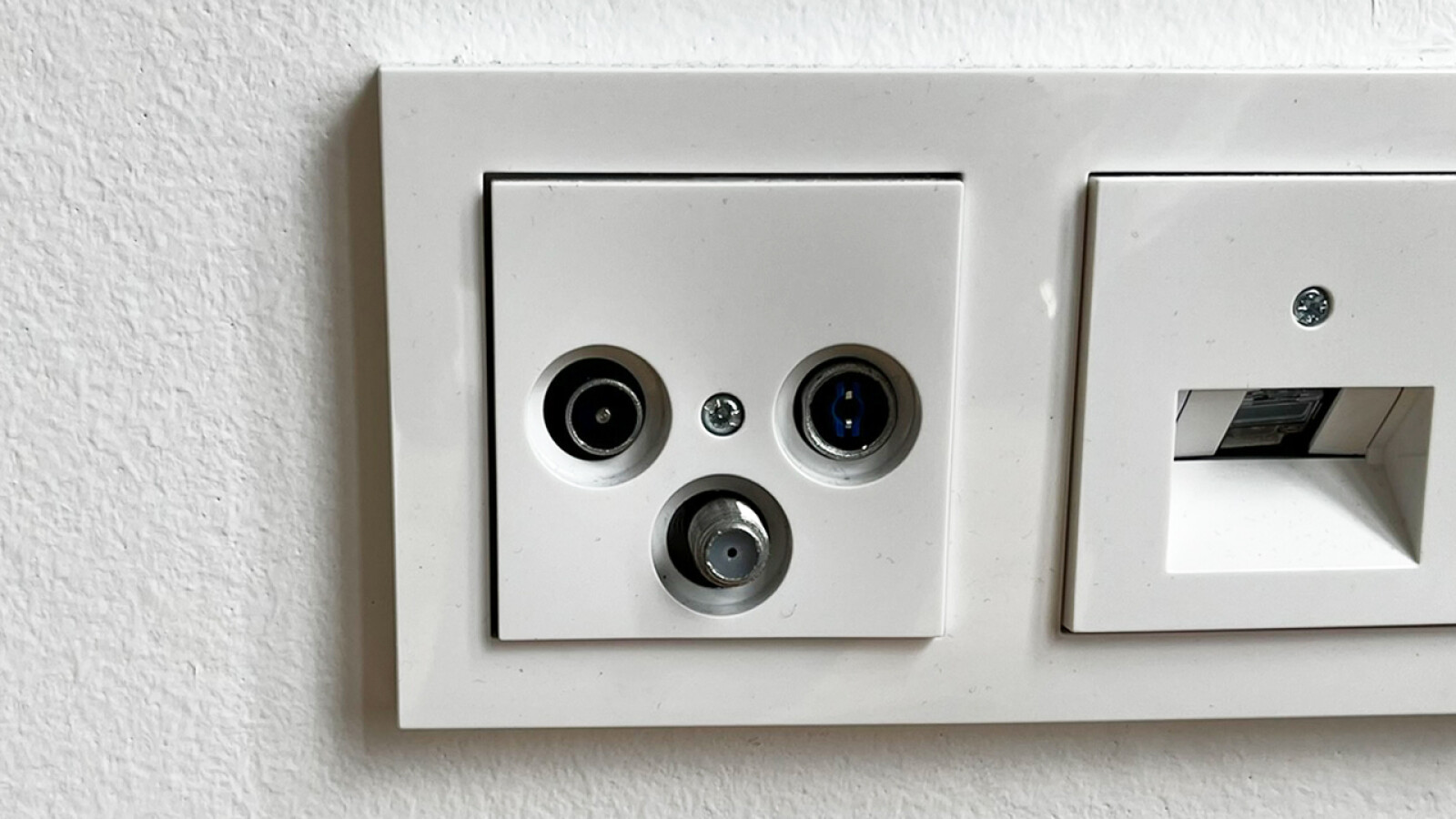If the ancillary cost privilege ends, millions of German households will no longer have to pay a flat rate for the cable TV connection. These alternatives are then open to affected customers.
For many tenants, the ancillary cost privilege still means cable reception against their will. The regulation will soon be suspended – and changing the TV reception path could make sense for many households. (Source: Netzwelt)
- The ancillary cost privilege enables landlords to bill TV cable connections via the operating costs.
- Affected households will have to pay for the connection without alternative until July 2024, after which the regulation will no longer apply.
- From the deadline, TV customers can then freely choose the provider and the type of reception.
Anyone who rents in Germany often pays for a cable TV connection – regardless of whether it is used or not. This is made possible by the so-called ancillary cost privilege, which allows landlords to apportion the costs for signal provision via the operating cost bill. Away July 1, 2024 However, this is finally the end of it, because politics is suspending the regulation, which is considered outdated in view of the modern reception and provider diversity.
While providers of cable TV have to adjust to waves of layoffs, the households affected then have a relatively large selection of alternative reception methods and providers. Here is an overview of the options available to cable customers from the deadline and what to look out for:
Cable TV without ancillary cost privileges: That could change
If you want to continue using the cable connection after the ancillary cost privilege has expired, the billing for this will no longer take place via the ancillary rental costs. This simply means that the cable network operators active at the respective location become the direct contractual partners of the individual households when the connection is used.
However, it is not certain whether the purchase prices for the end consumer will remain the same as in the currently applicable collective agreements, which will be settled via the utility bill. In perspective, the costs are likely to rise after the ancillary cost privilege is abolished, because the individual processing with the cable households in individual contracts means increased effort for the network operators.
The situation for recipients of ALG 2 is also likely to change: anyone who receives unemployment benefit 2, popularly known as “Hartz 4”, and thus processes their ancillary rental costs via the job center, has so far only had to pay for their cable TV from the standard rate if the offer is individual was booked. With the expiry of the ancillary cost privilege, ALG-2 recipients will always have to pay for their TV reception themselves – regardless of the reception route.
Don’t miss anything with the NETWORK-Newsletter
Every Friday: The most informative and entertaining summary from the world of technology!
